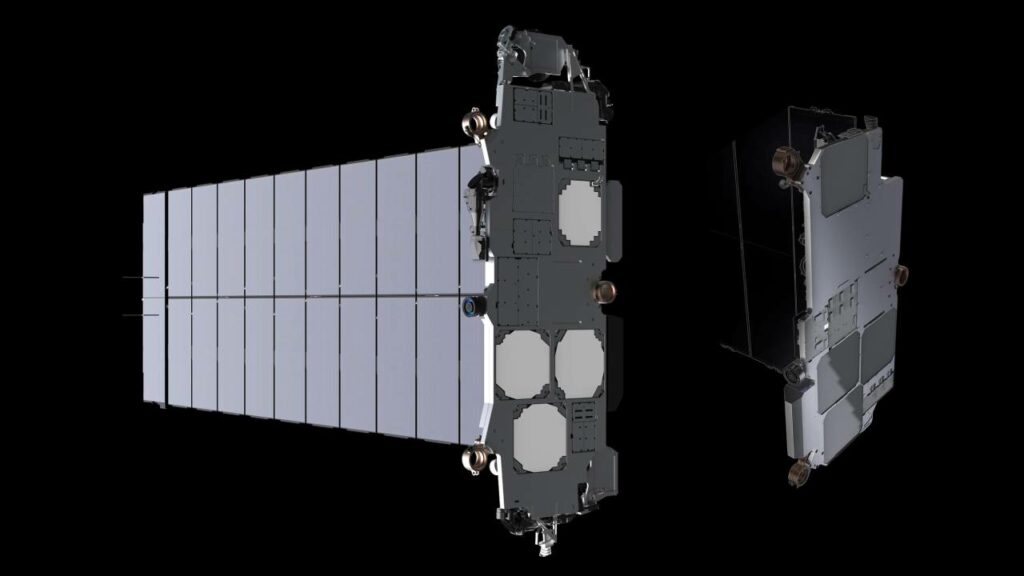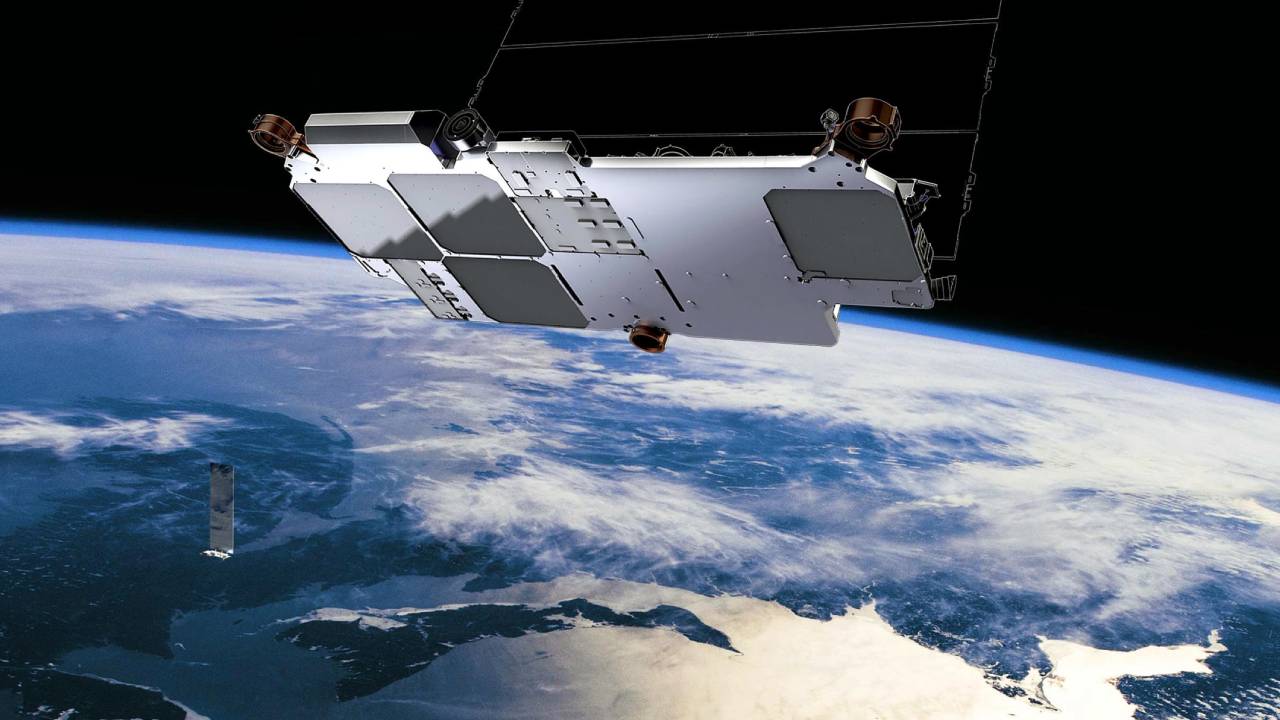SpaceX’s space endeavors and the Starlink project continue to revolutionize global internet access. Led by Elon Musk, a total of 4,745 Starlink satellites have been launched into orbit to date. These satellites provide internet services to many parts of the world and have significantly expanded global internet access.
To further improve this network, SpaceX has made important update requests to the U.S. Federal Communications Commission (FCC). In a submission made last Friday, some technical changes were proposed to develop the second-generation Starlink network.
2nd gen Starlink satellites that can only be launched with Starship are coming!
With these updates requested from the FCC, SpaceX plans to make small but critical changes to the Starlink network. According to Elon Musk, this new generation of Starlink satellites will be so large that they can only be launched by the Starship rocket.

These new satellites will increase current internet speeds by 10 times and reduce latency significantly by operating at a lower altitude. Musk stated that these improvements will especially boost broadband internet speed and enhance the quality of internet access worldwide.
Another notable detail in SpaceX’s request was the proposal to lower the altitude of the satellites. The company plans to reduce the orbit of the existing three-shell satellite structure by 45 to 60 kilometers.
This change will enable satellites operating at lower altitudes to provide faster and lower-latency internet services. Additionally, the new generation Starlink satellites will use E-band radio frequencies to deliver high-speed, low-latency internet services to both fixed satellite antennas and mobile devices.
The hardware of the new generation Starlink satellites will also be significantly upgraded. According to SpaceX’s request, these satellites will use higher-gain antennas and advanced beamforming technologies. This will provide a more targeted and powerful coverage area.
This advanced hardware will allow more efficient use of the available bandwidth and enable resources to be distributed more effectively. The new satellites will also improve global internet access by reaching larger audiences.
As Elon Musk stated, with the second-generation Starlink network, internet services around the world will speed up, and latency times will be significantly reduced. As we mentioned, these innovations will not only provide broadband services but also mobile connectivity.
For billions of people, especially in the United States and around the world, who still lack adequate internet access, these developments will make a big difference. When these changes requested by SpaceX are approved by the FCC, we can say that the Starlink project will usher in a new era in global internet access.













